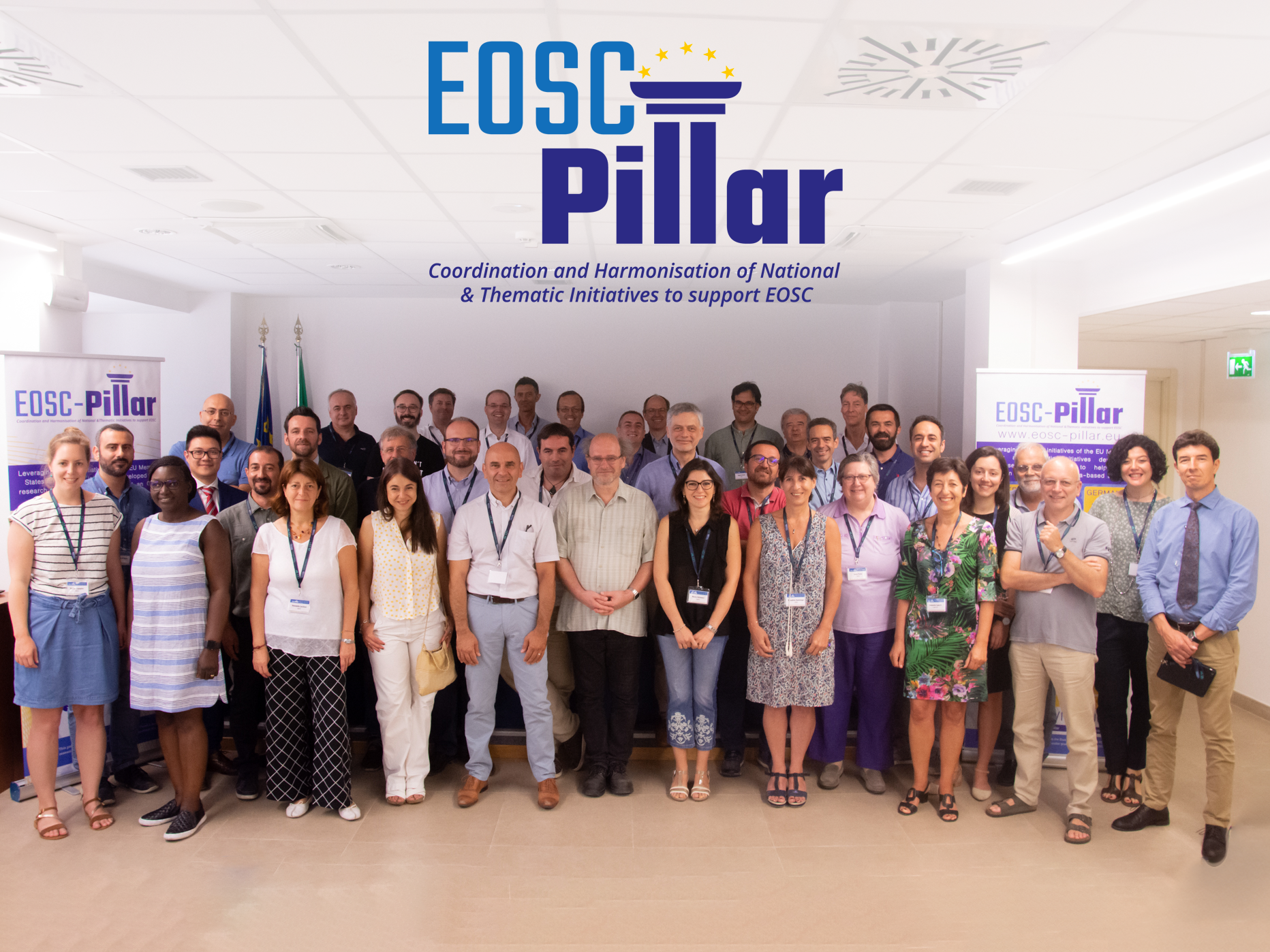EOSC-Pillar: mixing national recipes to build the European Open Science Cloud
The EOSC will offer 1.7 million European researchers and 70 million professionals in science, technology, the humanities and social sciences a virtual environment with open and seamless services for storage, management, analysis and re-use of research data, across borders and scientific disciplines. EOSC-Pillar is part of EOSC regional projects funded under the INFRAEOSC 5b call and will work in sync with other regional projects such as EOSC Nordic, NI4OS-Europe, EOSC Synergy and ExPaNDS. These projects aim to coordinate the efforts of the national and thematic initiatives in making a coherent contribution to EOSC. Diversity in policy, and technological and infrastructural maturity among European Union Member States still remains a barrier to the transnational nature of EOSC and research in general. But what unites European countries is the value that they see the EOSC will bring to their own research capabilities. “Our vision is that national OS initiatives, either existing or under development, are the key to involve live user communities and research infrastructures in the creation of EOSC,” commented EOSC-Pillar Coordinator Federico Ruggieri. “Having an intrinsic sustainability and support from the relevant organisations which fund and promote research in their respective countries, National Initiatives deserve a special place in the foundation of the EOSC, hence we believe that they have a chance and a right to influence the way in which the future EOSC will grow and one of our objectives is to make sure their voices are heard and translated into shared practices and services for the benefit of the respective scientific communities.” Bottom-up approach While the project involves only five countries in Europe, the aim is to demonstrate that a localised approach to the implementation of the EOSC is efficient, scalable and sustainable, and can be effectively rolled out in other countries. National initiatives are the key of EOSC-Pillar’s strategy for their capacity to attract and coordinate many elements of the complex EOSC ecosystem and for their sustainability, adding resilience. By federating them through common policies, FAIR services, shared standards, and technical choices, EOSC-Pillar will be a catalyst for science-driven, transnational, open data and open science services offered through the EOSC Portal. Consortium The project is coordinated by GARR, Italy’s national research and education network and involves the following organisations: University of Vienna from Austria, Ghent University from Belgium, CINES, CNRS, IFREMER, INRA, INRIA and INSERM from France, DKRZ, Fraunhofer, GFZ and KIT from Germany, and CINECA, CMCC, CNR, INFN and Trust-IT from Italy. Key outputs The first months of the project will be concentrated on a multi-dimensional study that will deliver a view of national initiatives and services, levels of maturity, compatibility with EOSC specifications, and levels of interoperability, accessibility and the implementation of FAIR (findable, accessible, interoperable and reusable) principles for research data that will be a key foundation for the success of the EOSC. The results of this study will be the basis of the project coordination activities: harmonising policies, concertation with parallel EOSC sister projects, governance and related initiatives. It will also engage EOSC stakeholders on a national level into a community. Training for FAIR data management tools and FAIR-oriented data stewardship practices will also be provided to the community. EOSC-Pillar will then undertake the integration, delivery and validation of nationally-sourced horizontal services such as storage, computing, data sharing and tools for data provision and data usage. Finally, EOSC-Pillar will also produce use cases and community-driven pilots providing a concrete demonstration of its overall work. Learn more on www.eosc-pillar.eu and linkedin.com/company/eosc-pillar
Keywords
EOSC, European Open Science Cloud, Cloud Computing, Digital Single Market, Research Infrastructures, FAIR Data



